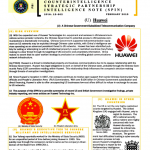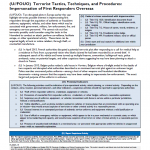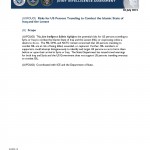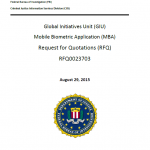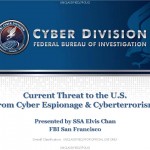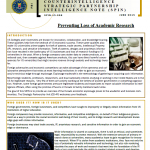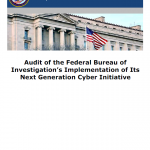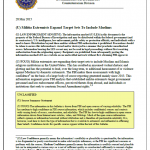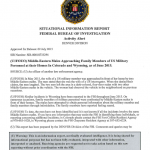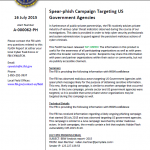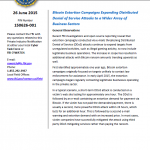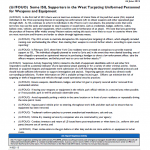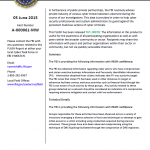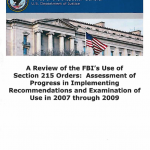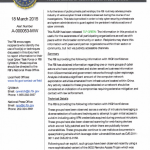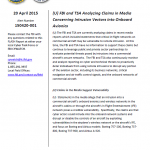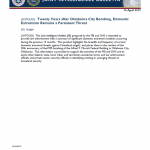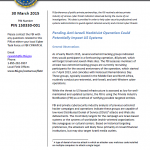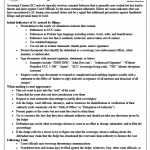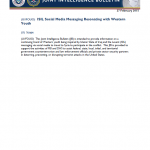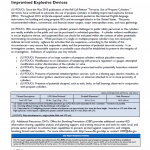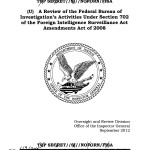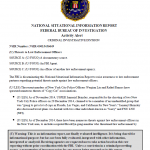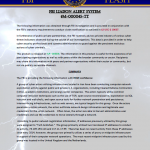
A group of cyber actors utilizing infrastructure located in Iran have been conducting computer network exploitation activity against public and private U.S. organizations, including Cleared Defense Contractors (CDCs), academic institutions, and energy sector companies. The actors typically utilize common computer intrusion techniques such as the use of TOR, open source reconnaissance, exploitation via SQL injection and web shells, and open source tools for further network penetration and persistence. Internet-facing infrastructures, such as web servers, are typical targets for this group. Once the actors penetrate a victim network, the actors exfiltrate network design information and legitimate user credentials for the victim network. Often times, the actors are able to harvest administrative user credentials and use the credentials to move laterally through a network.
Read more →
